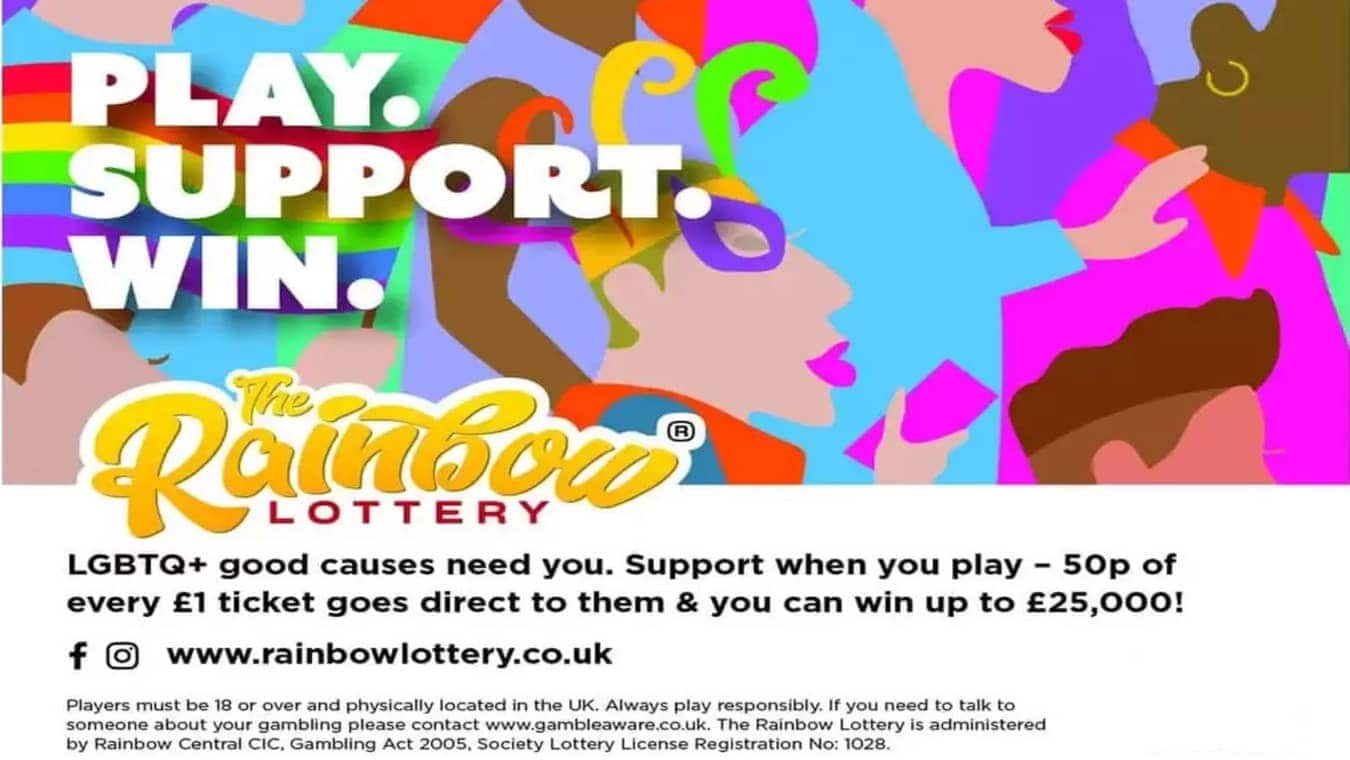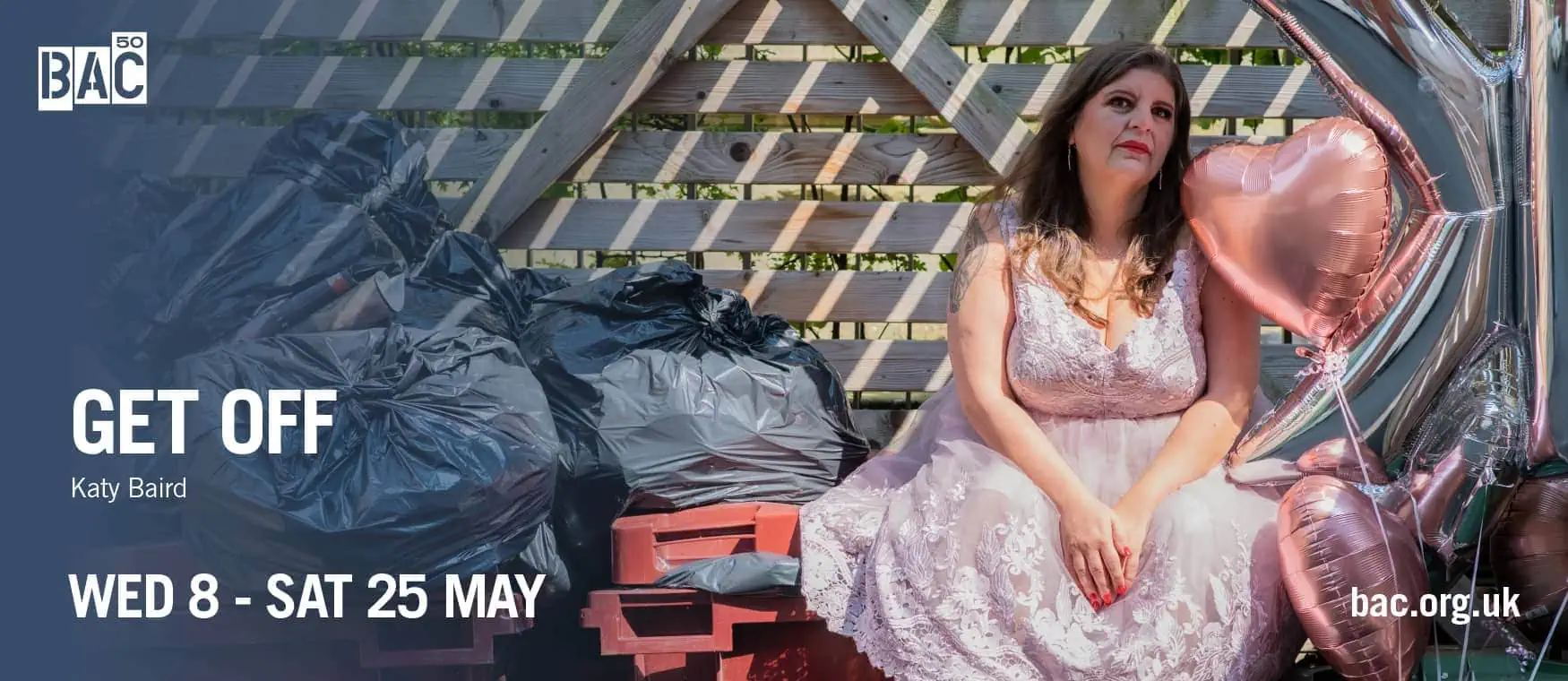Helping HIV positive men look after their health and live as fulfilling a life as possible
Most HIV awareness campaigns focus on prevention, which is of course incredibly important, but few focus on how to stay healthy after receiving a diagnosis. HIV is: Just a Part of Me does just that and concentrates on helping HIV positive people live as fulfilling a life as possible. It features the accounts of 11 HIV positive men in a series of candid videos, each one emphasising an aspect of their health and lifestyle they monitor to ensure that HIV doesn’t dominate their lives. During the videos, each of the men have tattoo-style body art applied to them to reflect their unique experiences of living with HIV. It’s a dignified and hopeful series, one that doesn’t solely reduce people’s lives down to their status, but instead asserting that it’s ‘just a part of me’.
We spoke to two of the men involved in the campaign, Graeme and Philip, to find out why they got involved and what they hope it will achieve.

Personally, this was to challenge myself; I hadn’t talked so publically about my HIV before because I was hiding behind the fear and stigma still attached to being HIV positive. This left me feeling frustrated and very isolated. I saw this as a brilliant opportunity to tackle my own issues surrounding internalised stigma, re-gain control of my status and feel empowered. To make a difference not only in my own life, but for others too. I wanted to lead by example, showing that it’s OK to be positive and that we have a future. It felt like I had come out for a second time: I am what I am.. and what I am needs no excuses!
What effect did your HIV diagnosis have on your mental health?
Getting the news was a bit like a car crash, it felt like my stomach had fallen through my arsehole, it was a real “OH, SHIT” moment. However, the result of the diagnosis became a real driving factor for change. To be honest, before getting HIV, I wasn’t looking after myself very well at all. It happened at a very crucial part in my life where I needed to make some drastic changes, to reboot and rethink my life about mental health. It allowed me to tackle trauma from my past that had been buried and take more responsibility for my health and wellbeing. HIV properly saved my life and has changed me for the better.
Have you come across stigma since being diagnosed?
I’ve experienced stigma from the least likely of people: other positive people. Being marginalised as positive from other gay men, to then take shit from others in that circle was a real eye opener and demonstrated the negative impact a diagnosis can have on some people. It hurts more from the people who should be most likely to understand your situation and give you that support, and not make you feel ashamed for it.
Generally speaking, you do have to learn not to let other people’s ignorance affect you. You do develop a shield of amour and a toolbox of techniques for engaging with “ignorant delightfuls” in your everyday life. The best way to do that is to educate yourself about HIV: what it is, what it isn’t, because when you understand where stigma comes from, it allows you to tackle it head on. You can challenge behaviour by educating people, but doing it from a good place with the intent to make a positive difference and break down social barriers when discussing HIV.
What is one piece of advice you wish you had been given when you were first diagnosed?
“You’re not responsible for anyone else’s sexual health other than your own”. It took away some of the stress of having a sex life again while living with HIV, because knowing the difference between the disclosure to causal ‘fun buddies’ and a potential partner does make all the difference to your self-confidence. It alleviates that guilty feeling once you understand what it means to be undetectable.
Are there any common misconceptions about HIV you’re trying to overcome?
People think it could never happen to them. HIV doesn’t discriminate! It loves everyone. If you’re having unprotected sex, you’re at risk, no matter what your age, gender or sexual orientation. Regular testing is vital in knowing your status, as is understanding the facts about HIV medication, because it’s not the person who has HIV that’s the problem, it’s the people who don’t know their status that are passing on the virus. Knowledge is power, so get tested and know your HIV status. Learn about what it means to be undetectable through the UequalsU campaign and if you think you’re at high risk of coming into contact with HIV, talk to your sexual health clinic about PrEP and take charge of your own sexual health.
What services have you used to help with mental health after an HIV diagnosis?
It was through my local HIV charity Sahir House in Liverpool that I accessed counselling and 1-2-1 peer support. They had a tremendous impact on my recovery from the initial diagnosis to then allowing me to address my own mental health needs. Unfortunately, many may not want to access counselling through a GP or even access HIV support services, as stigma can prohibit people from doing so. So if you’re feeling isolated and having difficulties, I would recommended C.A.L.M, an organisation that deals with men’s mental health. If you don’t know what HIV services are available in your area, contact Terrence Higgins Trust who can point you in the right direction.
Philip: Writer and Activist
HIV positive people are living longer, with over a third of people accessing HIV treatment in the UK are now aged over 50. I know that others and I can now expect a normal lifespan, although ageing healthily is especially important for HIV positive people. There is the risk of co-morbidities, where an individual has multiple chronic conditions. Shortly after my initial diagnosis, I also found out that I was also Hep C positive too, which I finally cleared last year. I am particularly keen to avoid developing other co-morbidities as I age. I take a proactive approach to my health and usually have lots of questions for my doctor. It is useful to discuss how best to look after your liver, heart, lungs, bones and kidneys, as well as mental health. Raising your family history with your specialist, for example, could help them assess your bone disease or cancer risk.
Have you made any lifestyle changes since being diagnosed?
Prior to my HIV diagnosis, I tried to eat healthily and exercise. These are things that I have continued to do. I am now more aware of my health and the need to take care of my body.
What one thing should HIV negative people know about living with HIV?
An HIV positive person who is on treatment, with an undetectable viral load, cannot pass the virus on.
What is one piece of advice you wish you had been given when you were first diagnosed?
I wish that I had been encouraged more to access peer support. Speaking to other people living with HIV really helped me to come to terms with my diagnosis. The first year after the diagnosis was the hardest. I really struggled with being both HIV and Hep C positive. It was several weeks before I spoke to another HIV positive person about my diagnoses. A number of charities offer really great peer support, including Positive East. They have a course for people who are newly diagnosed with HIV. Meeting other people also going through an HIV diagnosis would have helped me massively. I really needed emotional and practical support.
You’ve also rediscovered faith since you were diagnosed. How has that helped you deal with your new situation?
For many years, I described myself as an atheist or an agnostic, but after my HIV diagnosis I began to reflect more on faith. Discovering Christianity has changed my life. I was confirmed in 2015 at Southwark Cathedral, which has the UK’s only HIV/AIDS shrine. It was amazing to be confirmed in this special place. I attend two Church of England churches, St John’s in Waterloo and St Anne’s in Soho. Both are inclusive and welcoming towards LGBT people. The priests at these churches have played a pivotal role in my life, as has the support of their congregations. With Christianity in my life, I am now more empowered than ever before.
Why do you think campaigns like HI:JAPOM are so important?
There have been exciting developments around HIV in recent years, with new diagnoses declining since their peak in 2015 and PrEP being a game-changer in terms of HIV prevention. While the landscape may be changing, there is still much that needs to be done around HIV. Two-fifths of people are diagnosed late. The stigma of HIV is so substantial that a 2016 report from the Stigma Index showed that one in five people living with HIV have contemplated taking their own life in the last year and half have experienced feelings of shame, guilt or low self esteem. The HIV is: Just a Part of Me campaign examines how HIV positive people can live more healthily to reduce the risk of developing co-morbidities, while also giving a voice to a diverse group of men to challenge the stigma of living with HIV.











